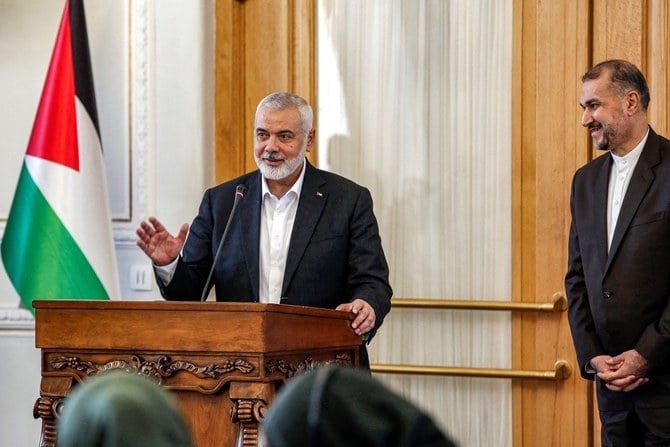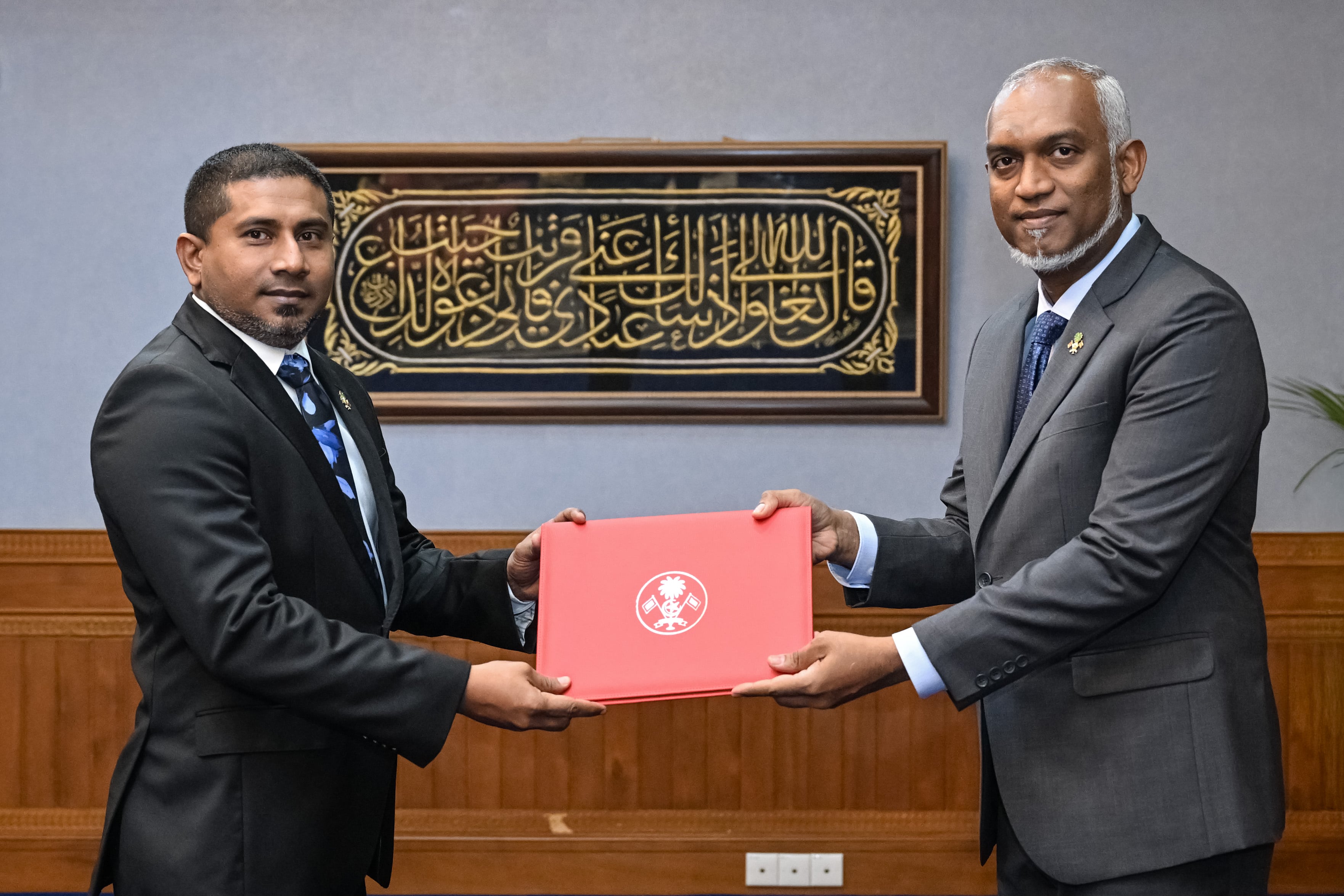The assassination of Hamas leader Ismail Haniyeh has raised serious concerns about the future of ceasefire negotiations between Israel and Hamas, with Qatar and Egypt criticizing the impact of the killing on peace efforts.
Qatari Prime Minister Sheikh Mohammed bin Abdulrahman Al Thani took to social media to question the effectiveness of mediation in the face of such violence. “How can mediation succeed when one side assassinates the negotiator on the other side?” he wrote. “Peace needs serious partners and a global stance against the disregard for human life.”
Egypt’s Foreign Ministry also condemned the escalation, blaming a “dangerous Israeli policy” for undermining ceasefire efforts. The ministry warned that recent developments complicate the situation further, casting doubt on Israel’s commitment to de-escalation.
Haniyeh, who had been residing in Qatar, was killed early Tuesday morning in Tehran. This development follows Israel's recent claim of killing a Hezbollah commander in Beirut, a move that has further inflamed regional tensions.
The assassination of Haniyeh, although not directly linked to the day-to-day ceasefire talks, comes at a time when negotiations are already stalled. Qatar, Egypt, and the United States have been striving to mediate a truce amid ongoing conflict that has claimed over 39,000 Palestinian lives since October.
The killing has heightened fears of a broader regional conflict, complicating efforts to reach a ceasefire and raising uncertainties about the future of peace negotiations.
Qatari Prime Minister Sheikh Mohammed bin Abdulrahman Al Thani took to social media to question the effectiveness of mediation in the face of such violence. “How can mediation succeed when one side assassinates the negotiator on the other side?” he wrote. “Peace needs serious partners and a global stance against the disregard for human life.”
Egypt’s Foreign Ministry also condemned the escalation, blaming a “dangerous Israeli policy” for undermining ceasefire efforts. The ministry warned that recent developments complicate the situation further, casting doubt on Israel’s commitment to de-escalation.
Haniyeh, who had been residing in Qatar, was killed early Tuesday morning in Tehran. This development follows Israel's recent claim of killing a Hezbollah commander in Beirut, a move that has further inflamed regional tensions.
The assassination of Haniyeh, although not directly linked to the day-to-day ceasefire talks, comes at a time when negotiations are already stalled. Qatar, Egypt, and the United States have been striving to mediate a truce amid ongoing conflict that has claimed over 39,000 Palestinian lives since October.
The killing has heightened fears of a broader regional conflict, complicating efforts to reach a ceasefire and raising uncertainties about the future of peace negotiations.


















